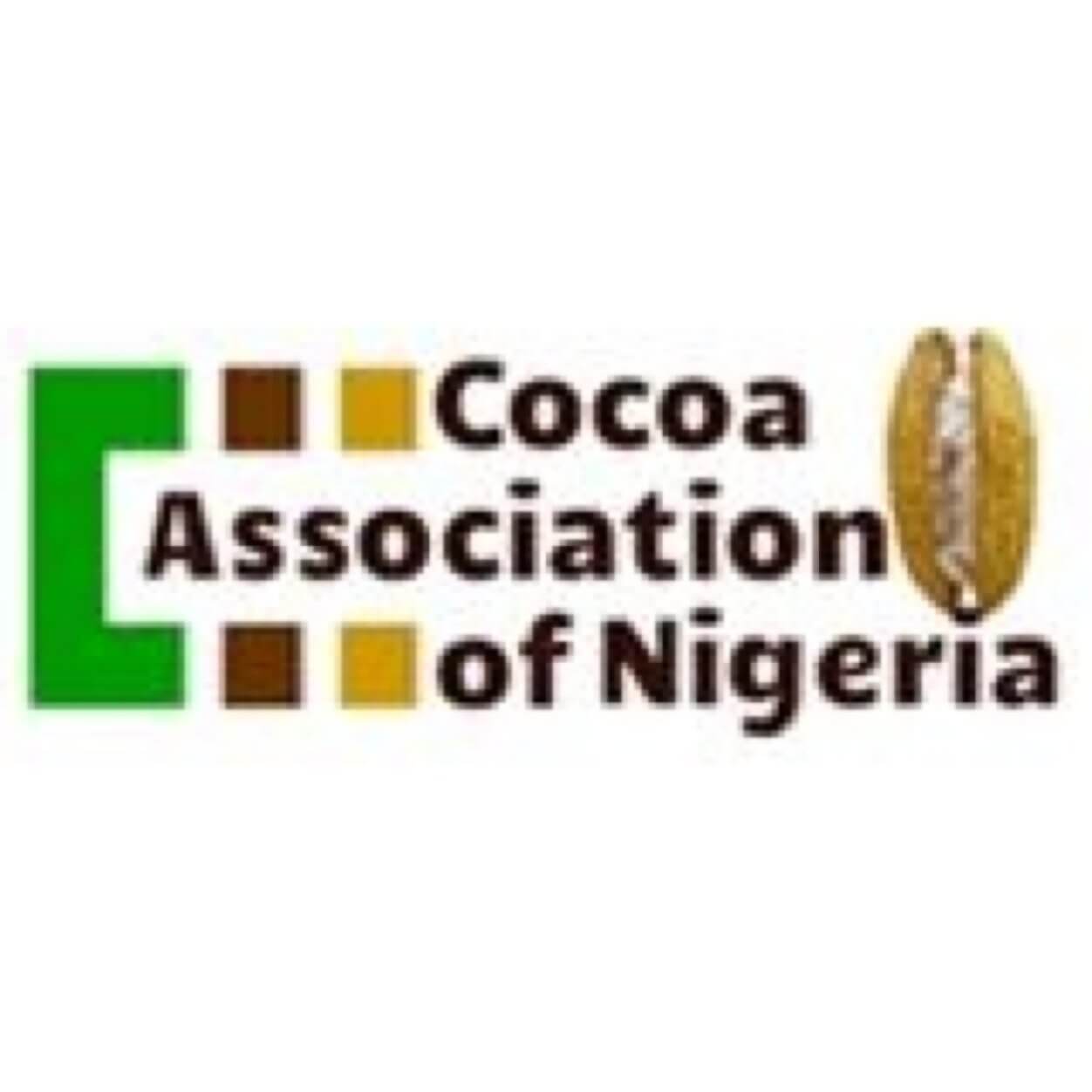Reports suggesting that cocoa imports from Nigeria have been banned or will soon be banned by consuming countries are unfounded, the Cocoa Association of Nigeria has declared.
In the last few weeks, the association said it has been inundated with calls and enquiries concerning some misinformation being peddled around regular and social media platforms that Europe will ban or has banned the import of Nigerian cocoa beans.
- ‘Nigeria will have enough warriors to defend cyberspace in 2026’
- We’ll fight purported banning of Hijab in S’West schools — MSSN
The reports, according to the association, alleged that the ban on imports is because Nigerian cocoa producers do not meet the maximum residue limits set by the EU for agricultural produce, including cocoa, and that the EU had issued a notification to that effect.
“The Cocoa Association of Nigeria wishes to state emphatically that there is no such decision by EU countries or any country whatsoever,” the association said in a statement by its president, Mr. Moruf Abolarinwa.
The statement, issued on Friday, had the title, ‘State of the Nigerian Cocoa Industry’.
“Cocoa Association of Nigeria wishes to affirm that there is no threat about banning Nigerian cocoa from any buyer!,” it said.
Such a decision could not have been taken without the knowledge of the local cocoa industry leadership because the President of the Cocoa Association of Nigeria sits in the Council of the International Cocoa Organization (ICCO). This is the body that discusses, debates, and agrees upon all international regulations for implementation on cocoa, and no such issue has come before the ICCO, Abolarinwa said.
He stated that no such communication has also come to the 35-year-old association, the umbrella body for all cocoa stakeholders, including research, farming, input provision, trade, export, processing, manufacture and consumption.
The association noted that 15 years ago, there were issues about the MRLs (maximum residue limits) set for pesticides residues in all foods and animal feeds, usually measured as mg/kg, as part of Good Agricultural Practices (GAP).
According to the statement, the group sensitized its members, particularly the farmers, on the dangers of improper and inappropriate use of pesticides in cocoa production.
It said it worked with the Cocoa Research Institute of Nigeria (CRIN), Crop Life Nigeria, input importers and distributors and development agencies in the cocoa space, as well as undertook practical demonstration throughout the cocoa producing states in the country.
“We can confidently affirm that at no time was Nigeria in the red list of any cocoa importing or consuming country, then or now,” the association asserted.
Despite this, the group admitted that there had in the past been issues about the quality of the country’s cocoa beans.
“We cannot hide from the reality that there had been incidences of poor, adulterated and sometimes abused pesticides in cocoa production,” it said, but add that with regular interaction with farmers, increased training for exporters and capacity building among farmers on best agricultural practices in cocoa, “things are rapidly improving”.
The association explained that spraying gangs have been trained and deployed by different groups within the industry that support farmers in the application of approved agrochemicals for cocoa.
Similarly, it noted that CRIN has issued a regularly updated list of approved pesticides for cocoa, which is strictly and generally adhered to by our members.
A cocoa industry operator told Daily Trust that one of such measures was the ban on the use of Gamalin 20 as a chemical for spraying cocoa farms.
“On top of this is the fact that most of our farmers have been captured in the global traceability net. A large number of our farms have been mapped and farmers are periodically trained on GAP and responsible pesticide usage,” the association said.
The group explained that these steps qualify Nigerian cocoa farmers for premium “which is paid in hundreds of millions of naira every year. It puts Nigeria’s current annual cocoa output at about 270,000 metric tons, about 80% of which is exported as raw beans.
Despite apparent neglect of the cocoa industry, the association said the produce is still Nigeria’s number 1 non-crude oil foreign exchange earning commodity.
It put the industry’s contribution to the nation’s economy at over N400bn per annum from the sale of cocoa beans and secondary products.
It estimates that there are over 500,000 cocoa farmers in 14 major cocoa-producing states, with over 100,000 factors and licensed buying agents.
According to the group, there are about 50 largescale local cocoa exporters, and over 20 foreign exporters all of who employ hundreds of thousands of Nigerians.
The association chronicles the growth of the industry, both upstream and downstream sectors. A few days ago, it said, a cocoa processing company opened its factory in Akure, Ondo State.
“This is part of the 10 other cocoa processing factories spread across Nigeria which produce tons of cocoa butter, cake, and other by-products that are exported and sold locally.
“These firms provide gainful employment to at least 50,000 direct technically efficient staff and millions of jobs created and supported by their businesses,” it said.
There are at least 15 chocolate industries in various parts of Nigeria – from Lagos to Enugu, Ibadan to Abuja, Ilorin to Ikom. These companies are utilizing our cocoa beans to produce great, award-winning chocolates and confections, according to the group.
“A few years back these industries did not exist, but as we continue to deepen our investments in the value chain and more and more players come into the industry, the downstream has become more actively populated by committed practitioners,” it said.
It said this is the true picture of the local cocoa industry. “Our industry is not facing any threats and or ban from any angle, be it from MRLs or any other health-related issues,” it said.

 Join Daily Trust WhatsApp Community For Quick Access To News and Happenings Around You.
Join Daily Trust WhatsApp Community For Quick Access To News and Happenings Around You.


